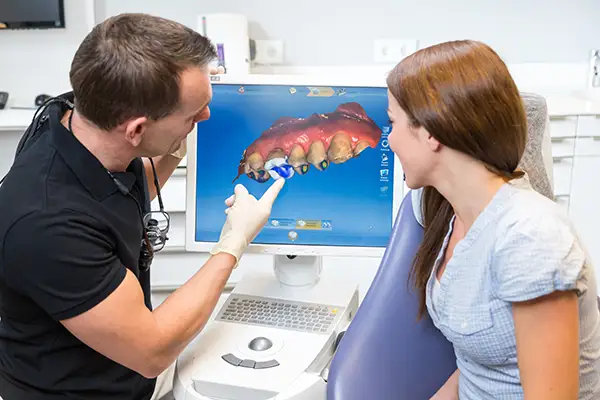Understanding Oral Surgery Aftercare
Posted on 8/15/2025 by Mountain State Oral and Facial Surgery |
 Whether you're facing a routine extraction or a complex jaw reconstruction, oral surgery is a significant procedure. While modern techniques and skilled surgeons strive for the best outcomes, proper aftercare is crucial for a smooth and successful recovery. Whether you're facing a routine extraction or a complex jaw reconstruction, oral surgery is a significant procedure. While modern techniques and skilled surgeons strive for the best outcomes, proper aftercare is crucial for a smooth and successful recovery.
This guide will delve into what you can safely do following any type of oral surgery, helping you navigate the post-operative period with confidence and comfort.
Rest and Relaxation: Your Body's Best Friend
After your surgery, prioritize rest. Your body needs time to heal, and ample sleep plays a vital role in this process. Avoid strenuous activity, lifting heavy objects, and bending over. Instead, focus on relaxation and let your body focus on recovery.
Oral Care: Keeping Things Clean
Maintaining good oral hygiene is essential after surgery. Gently brush and rinse your mouth (avoiding the surgical site) as instructed by your surgeon. This helps prevent infection and promotes healing. Your dentist may also recommend a special mouthwash or other cleaning aids to ensure optimal oral care.
Diet: Nourishing Your Healing Journey
Eating a balanced and nutritious diet is crucial for post-operative recovery. Focus on soft, easy-to-chew foods like yogurt, applesauce, mashed potatoes, and soups. Avoid hard, spicy, and acidic foods that could irritate the surgical site. Your surgeon will advise you on how to gradually transition to your regular diet as healing progresses.
Pain Management: Finding Relief and Comfort
Following surgery, some pain and discomfort are normal. Your surgeon will prescribe medication to manage pain effectively. Take these medications as instructed, and don't hesitate to contact your dentist if you experience excessive or persistent pain.
Activities and Habits: Listen to Your Body
While rest is crucial, avoid complete inactivity. Light walking and gentle stretching can promote blood flow and aid healing. However, avoid strenuous exercise, smoking, and alcohol consumption, as these can hinder recovery and increase the risk of complications.
Follow-up Care: Staying on Track
Regular follow-up appointments with your surgeon are essential to monitor your progress and ensure proper healing. During these appointments, your surgeon will check the surgical site, remove stitches (if necessary), and address any concerns you may have.
Additional Considerations: Tailoring Your Recovery
Depending on the type and complexity of your oral surgery, your surgeon may provide specific post-operative instructions tailored to your individual needs. For example, if you've had dental implants placed, you might need to follow a stricter diet or avoid certain activities for a longer period of time.
Additionally, if you wear dentures, it's important to discuss with your surgeon how and when to wear them after surgery. In some cases, you may need to temporarily avoid wearing them to allow the surgical site to heal properly.
Restoration Dentistry: Looking Ahead
Following your oral surgery, your dentist will discuss restoration options if needed. These may include dental implants, bridges, or crowns to restore the function and aesthetics of your smile.
By following the guidelines in this guide and working closely with your oral surgeon, you can ensure a smooth recovery and achieve optimal results from your surgery. Remember, good communication and careful attention to your body's needs are essential ingredients in a successful post-operative journey.
|
|